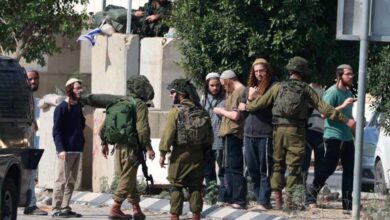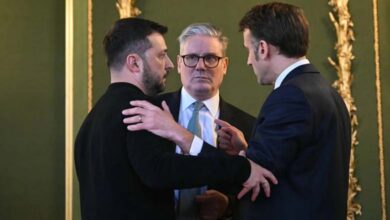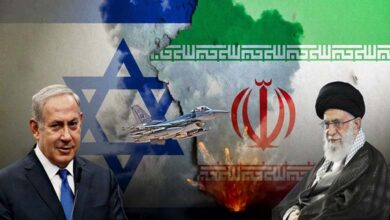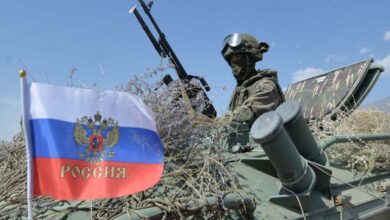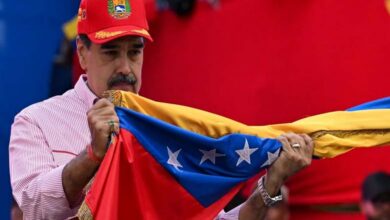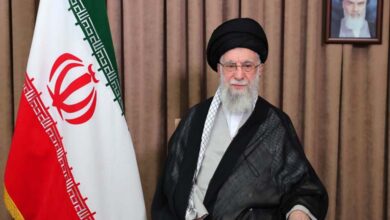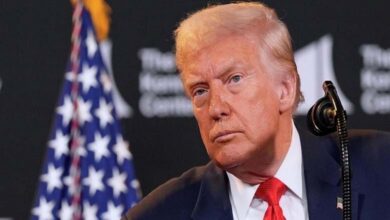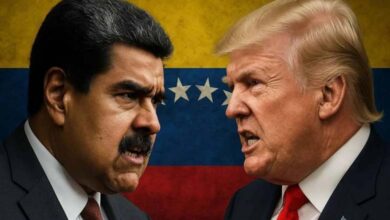Accusations of Bias Target UN Mission in Libya
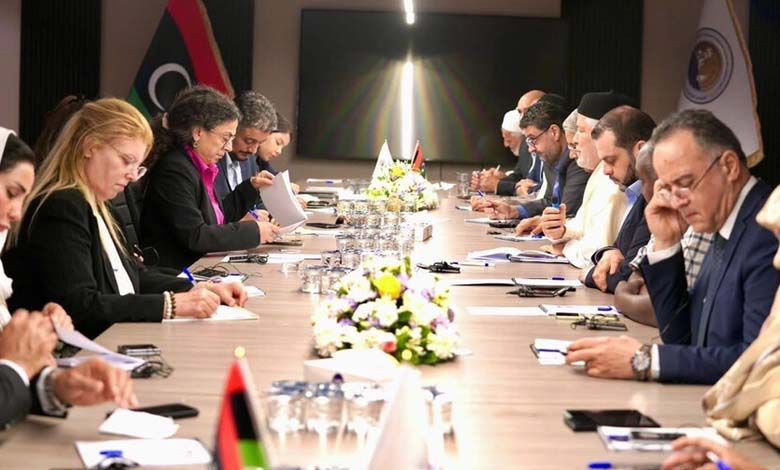
The United Nations Support Mission in Libya (UNSMIL) is facing a wave of sharp criticism, accused of lacking neutrality and favoring the Government of National Unity led by Abdul Hamid Dbeibah. Critics see this stance as undermining efforts toward a comprehensive resolution and prolonging the country’s complex political crisis.
-
Libya: Dbeibeh Uses Religion and Wealth to Cling to Power as Protesters Intensify Pressure
-
Libyan Expert: Dbeibeh’s Move Is Too Late… Militias Have Become Partners in Power
Despite the mission’s attempt to present itself as an impartial mediator in its latest statement—where it affirmed openness to all parties and commitment to peaceful dialogue—the statement itself sparked widespread controversy. It condemned what it described as “incitement campaigns and rumors” aimed at obstructing its efforts to pave the way for national elections and institutional unification.
The government appointed by the House of Representatives, led by Osama Hammad, rejected the mission’s statement, accusing it of deliberate misrepresentation of the Libyan people’s demands and of trying to portray the anti-Dbeibah popular movement as hostile and disruptive to peace efforts—an accusation the government firmly denied.
-
Clashes, Divisions, and Delayed Solutions… Libya on the Brink of Explosion
-
Libyan Presidential Council Decrees: A Return Ticket to the Political Spotlight
Last Tuesday, dozens of protesters stormed the UN mission’s headquarters in Janzour, Tripoli, demanding its departure and the end of the interim Government of National Unity’s mandate. The protest reflects growing public frustration over political stagnation and deteriorating living conditions.
In response, the UN mission expressed concern over what it called “public incitement” by certain political figures, claiming it went beyond legitimate expression and encouraged attacks on its staff and property—actions it deemed “unacceptable” and contrary to international law.
-
Libya Thwarts a Major Terrorist Plot near the Tunisian Border
-
Libya’s Muslim Brotherhood Incites Armed Resistance Against Peaceful Solutions
Nevertheless, the mission reiterated its full respect for the Libyans’ right to peaceful protest, emphasizing that, as before, it had received representatives of demonstrators and engaged in open dialogue with some of those who entered its premises, in an attempt to defuse tension.
However, these reassurances failed to calm the criticism, which intensified following an official response from Prime Minister-designate Osama Hammad, who accused the mission of “deliberately distorting” the protesters’ demands and “attempting to influence international public opinion in a biased and selective manner.”
-
A Political Path and a Race for Influence… Libya at a New Crossroads
-
Al-Gharyani Incites Armed Resistance against the UN Mission in Libya
Hammad stated that the mission’s performance over the years had yielded no tangible progress in the political process and had instead, in his view, complicated the situation by supporting fragile pathways that do not reflect the aspirations of the Libyan people. He denounced what he called “manipulation of facts” and “demonization of legitimate popular expression.”
He also warned that the mission’s continued “unprofessional involvement in domestic affairs” undermines Libyan sovereignty and urged it to abide by its mandate and avoid taking politically biased stances.
-
Protesters Block Oil Exports from Ports in Eastern Libya
-
Ghanaian Hanna Tetteh Appointed UN Envoy to Libya after Months of Vacancy
Despite these allegations, the UN mission reaffirmed its commitment to supporting a purely Libyan-led political process aimed at achieving the people’s aspirations for stability and democracy. It emphasized that its premises and personnel are legally protected under international agreements, particularly the 1946 Convention on the Privileges and Immunities of the United Nations.
The mission called on all Libyan parties to respect these agreements, express their opinions peacefully, and resolve disputes through constructive dialogue rather than violence or incitement.
-
Al-Ghariani: Serving the Muslim Brotherhood in Exchange for Moral Support in Libya
-
A New Crisis in Libya Impedes Negotiations for Forming a Unified Government
These developments underscore growing skepticism among large segments of the Libyan population about the UN mission’s effectiveness, amid frustration with the repeated failure of international efforts to end deep political divisions and hold long-delayed elections.
Observers believe the latest tensions between the mission and the appointed government highlight a growing crisis of trust—not only among Libyan factions, but also between segments of the local population and international actors overseeing the political process, especially amid repeated accusations that the UN overlooks violations by the Dbeibah government, which remains in power despite its expired legal mandate.
-
Turkey expands its influence in Libya through military cooperation
-
Morocco urges for a solution to the Libyan crisis under the UN umbrella
As a result, there are increasing calls in political and media circles to reassess the UN mission’s operations, ensure its full neutrality, and avoid any actions perceived as favoring one political faction over another—particularly in a complex Libyan landscape with multiple centers of power.
At the same time, the appointed government has reiterated its openness to constructive international cooperation, provided it respects national sovereignty and serves the higher interest of the Libyan people, who have endured more than a decade of conflict, division, and political deadlock.



